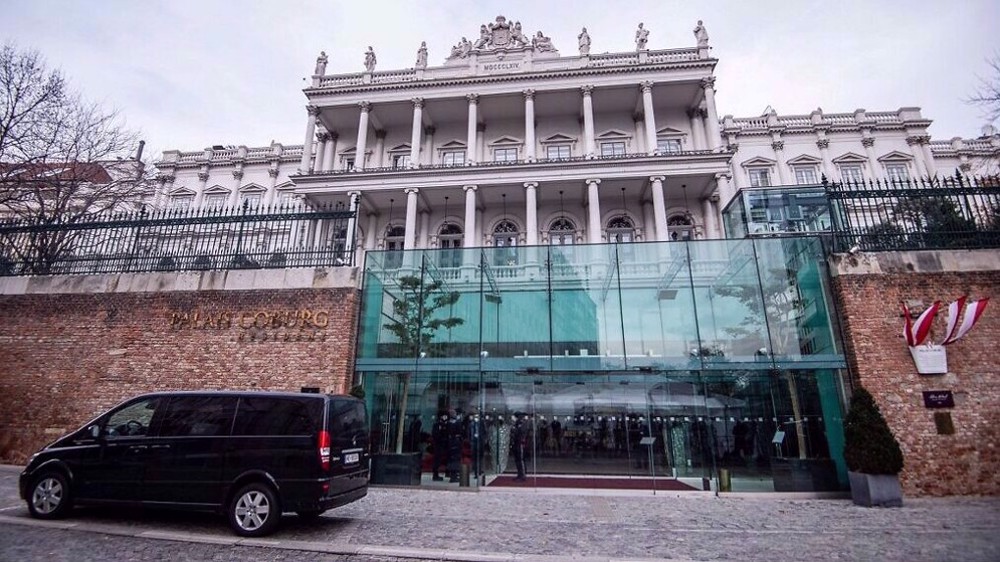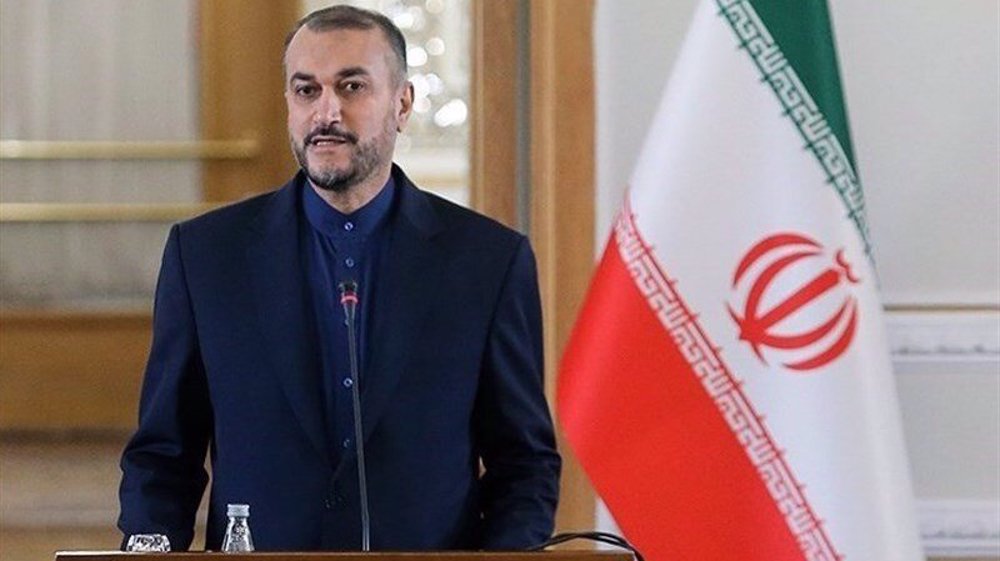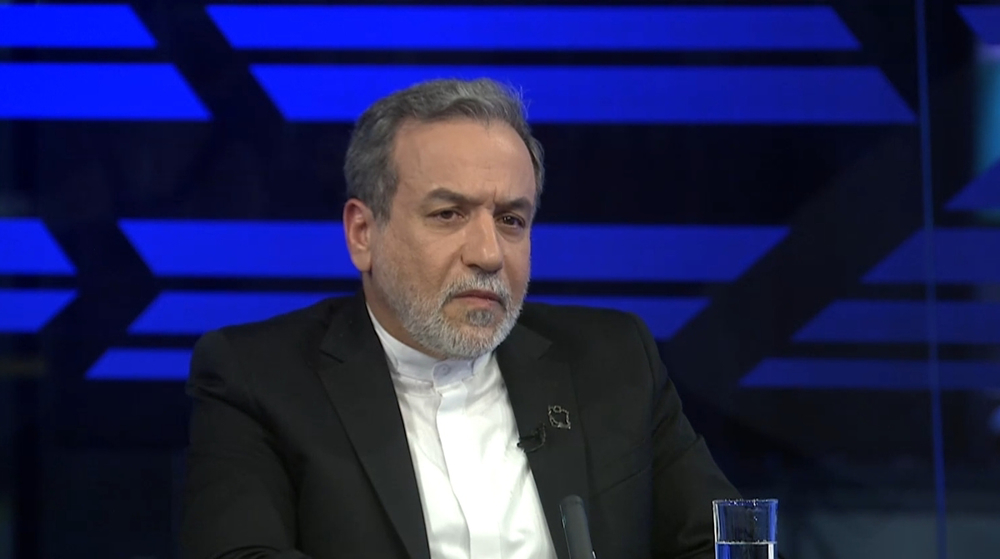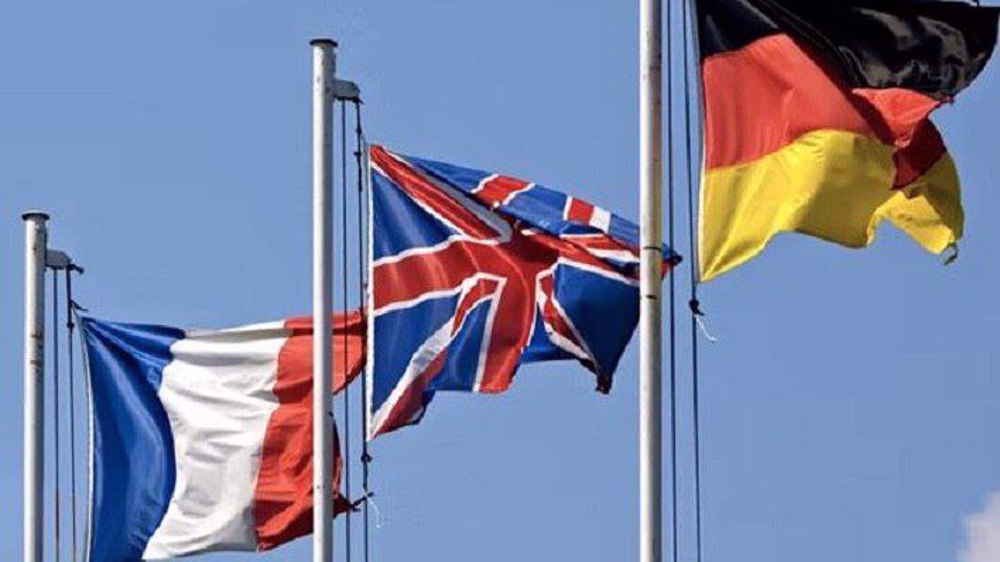France’s negative role may lead to collapse of Vienna talks: Source warns
An informed source says France is playing a negative role in solving outstanding safeguard issues between Iran and the International Atomic Energy Agency (IAEA), warning that this could prevent Iran and the P4+1 group of countries from reaching a final agreement during the negotiations in Vienna on reviving the 2015 deal.
The informed source close to the Iranian negotiating delegation in Vienna told Fars news agency on Tuesday that France has always tried to create obstacles in the way of cooperation between Iran and the IAEA given its strong traditional relations with the agency and its good ties with Israel, adding that Paris has currently taken up the same role in Vienna.
“The French are obstructing the settlement of the remaining safeguards issues between Iran and the IAEA and are pursuing a purely political approach in this regard,” the source said.
He noted that Paris has an important role in diverting the IAEA from its legal-technical approach to political issues, saying, “The settlement of the remaining safeguards issues with the IAEA is one of the important prerequisites to reaching an agreement in Vienna.”
If no agreement is reached between Iran and the five remaining parties to the 2015 deal, officially known as the Joint Comprehensive Plan of Action (JCPOA), in Vienna, France will undoubtedly be blamed as the factor behind the failure of the talks.
The source said the sanctions removal talks, which started in Vienna on December 27, have reached a phase that their success or failure totally depends on political decisions by the West.
“If the Western sides make the necessary decisions that they are already aware of, the few remaining issues can be resolved and a final agreement can be reached within a few days. However, it seems that France is taking steps on a path that is different and completely opposite to the necessary decisions,” the source added.
The United States unilaterally left the historic deal in 2018 and returned the sanctions that had been lifted under the accord. Washington’s European allies in the deal have been toeing the sanctions line closely by ending their trade activities with Iran.
The Vienna talks began last April between Iran and the five remaining parties to the JCPOA — Britain, France, Germany, Russia and China — on the assumption that the US, under the Joe Biden administration, is willing to repeal the so-called maximum pressure policy pursued by former president, Donald Trump.
Tehran says it won’t settle for anything less than the removal of all US sanctions in a verifiable manner. It also wants guarantees that Washington would not abandon the agreement again.
In a Monday hearing before the Iranian Parliament’s Committee on National Security and Foreign Policy, Iran’s Foreign Minister Hossein Amir-Abdollahian said the Vienna talks have not reached a conclusion yet and it is time for the United States to make its difficult decision.
“The negotiations are not over yet and it is time for the United States to make difficult political decisions, but it has not made such decisions yet,” Iran’s top diplomat said.
Hamas thanks Iran, Resistance Front following achievement of ceasefire in Gaza
'Capitulation': Israeli officials and media concede Gaza defeat as truce unfolds
'Gaza has won': Social media users react to ceasefire with mix of relief, joy
Iran seeks South Korea’s assistance for AI, fiber-optic projects
VIDEO | Iran's 'Eqtedar' (Power) maneuver
Israel hits HTS military target in Syria for 1st time since fall of Assad
VIDEO | Press TV's news headlines
Israel has slaughtered 13,000 students in Gaza, West Bank











 This makes it easy to access the Press TV website
This makes it easy to access the Press TV website